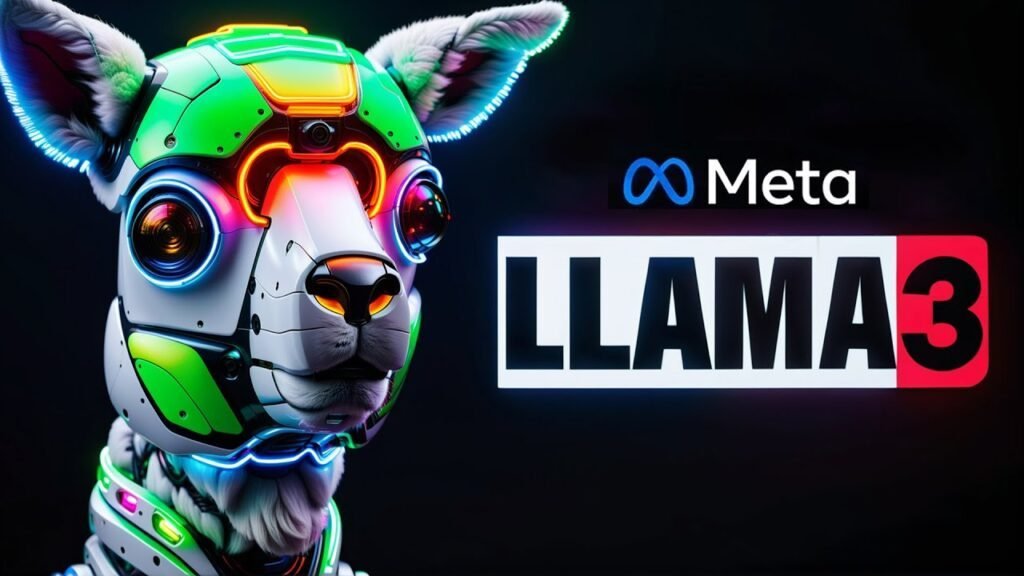The large language model (LLM) landscape is about to get a whole lot more interesting. Meta, the tech giant formerly known as Facebook, has confirmed plans to launch its next-generation LLM, Llama 3, within the next month. This announcement comes amidst a heated competition in the field, with OpenAI’s GPT-4 and Anthropic’s Claude 3 already making waves.
What is Llama 3?
Llama 3 is the successor to Meta’s Llama 2, which was released as an open-source platform in July 2023. While Llama 2 helped establish Meta as a player in the AI for business space, it didn’t quite capture the market leadership currently held by OpenAI and others.
Llama 3 promises to be a significant upgrade. Here’s what we know so far:
- Multimodal capabilities: Unlike its predecessors, Llama 3 is expected to be multimodal, meaning it can process and respond to both text and image inputs. This opens up a wider range of applications, allowing users to interact with the LLM in more natural and intuitive ways.
- Phased release: Meta plans to roll out Llama 3 in stages throughout the year. We can expect to see smaller, non-multimodal versions released first, followed by a larger, multimodal version as part of a broader summer launch.
- Openness to different functionalities: Meta has hinted at releasing a “suite” of Llama 3 models, suggesting different versions with varying capabilities and specializations. This could cater to specific user needs and applications.
Why is this significant?
The launch of Llama 3 signifies Meta’s commitment to closing the gap in the LLM race. OpenAI’s ChatGPT, with its user-friendly interface and impressive capabilities, has set the bar high. Here’s how Llama 3 could shake things up:
- Increased competition: With more players entering the field, innovation in LLMs is bound to accelerate. This could lead to faster development and more advanced features in future iterations.
- Focus on responsible AI: Meta has traditionally taken a cautious approach with AI development, prioritizing responsible use. Their focus on safety and ethical implications could influence the broader LLM landscape.
- Open-source options: Meta’s commitment to open-source platforms like Llama 2 could foster collaboration within the AI community and accelerate progress.
What’s next?
The next few weeks will be exciting for those following the LLM space. With the release of Llama 3 just around the corner, we’ll soon be able to see how it compares to existing models and what kind of impact it has on the field. Stay tuned for further updates and analysis as Meta unveils its latest creation!

